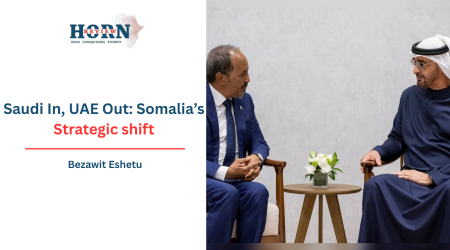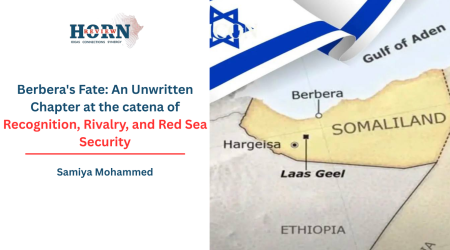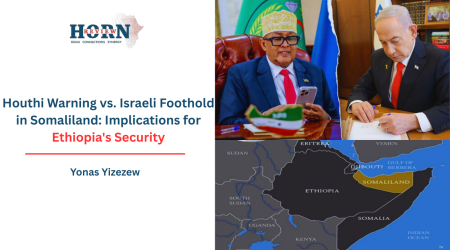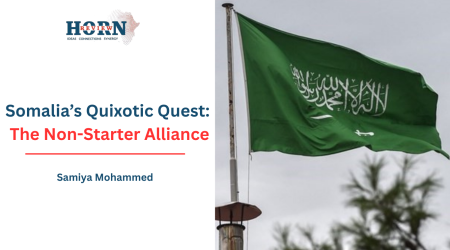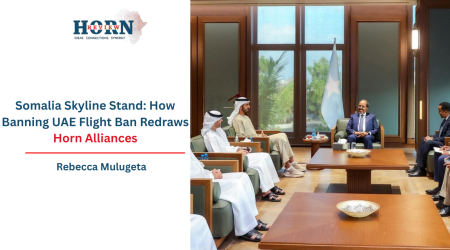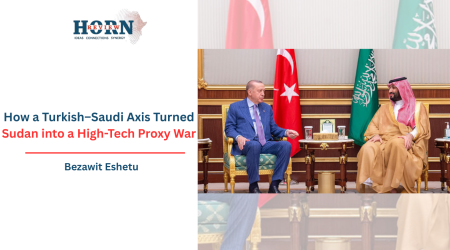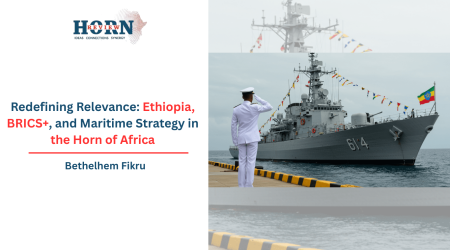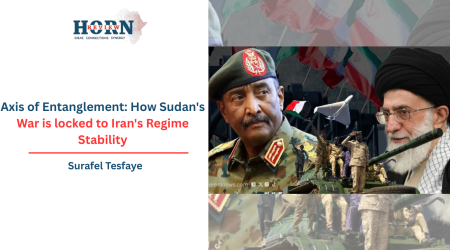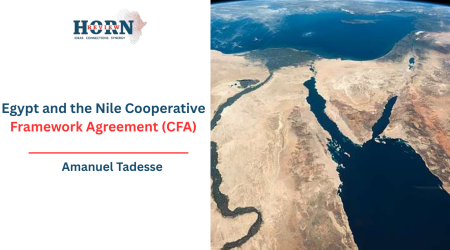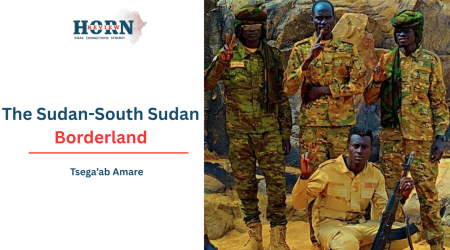
18
Jun
Fault Lines and Frontiers: The Somaliland Question and America’s New Horn Doctrine
The understated yet geopolitically charged visit by a U.S. congressional delegation to Hargeisa on June 18, 2025 – just days after the U.S. House of Representatives introduced the Republic of Somaliland Independence Act on June 12 – may well mark a decisive shift in the strategic landscape of the Horn of Africa. This evolving engagement reflects a careful recalibration of American foreign policy: a balancing act between legislative influence in Washington and grassroots diplomacy on the ground. It signals the emergence of a new paradigm – one that could realign regional alliances and reshape global influence across a volatile and strategically vital corridor.
The principal rationale advanced by American lawmakers for the formal recognition of Somaliland hinges on a compelling trifecta: internal stability, democratic governance, and strategic relevance (Perry, S. 2025). For over three decades, Somaliland has functioned as a de facto independent state, conducting credible democratic elections, maintaining relative peace, and actively cooperating in counterterrorism and anti-piracy efforts – an impressive contrast to the enduring instability that continues to plague Mogadishu and the southern regions of Somalia. The proposed legislation seeks to harmonize U.S. foreign policy with the reality on the ground: a self-governing entity that mirrors many of the core values the United States purports to champion abroad.
From a geostrategic standpoint, American interest in Somaliland is deeply rooted in great power competition – particularly with China and, to a lesser degree, Iran and Russia. Somaliland’s geographic position on the Gulf of Aden, adjacent to the Bab el-Mandeb Strait, places it at the heart of one of the world’s most critical maritime chokepoints. The potential access to Berbera Port – quietly acknowledged by the U.S. military as a future strategic asset – offers Washington a significant opportunity to strengthen its naval posture in the Red Sea and beyond. At a moment when China is steadily expanding its influence across the African continent through port construction, infrastructure financing, and digital diplomacy, the cultivation of a military and diplomatic partnership with Somaliland provides the United States with a critical counterweight.
This budding partnership also resonates with Washington’s broader values-based strategic doctrine. Somaliland’s diplomatic overtures toward Taiwan – a fellow unrecognized but democratic polity – have not gone unnoticed. In an era when the U.S. increasingly frames its foreign policy as a contest between open societies and authoritarian regimes, the alignment with Hargeisa is emblematic of a “democracies-first” approach. It symbolizes a shift from transactional diplomacy to one rooted in shared ideals, signaling that Washington may be prepared to reward entities that reflect liberal governance, regardless of their formal diplomatic status.
The implications for the broader Horn of Africa are profound. The high-profile nature of the U.S. delegation’s visit, which reportedly included discussions on port access, economic development, and diplomatic normalization, hints at a deliberate U.S. departure from its long-standing adherence to the “One Somalia” policy. This shift comes in the wake of Mogadishu’s declaration banning foreign agreements with Somaliland – an act that underscores just how fraught the issue of sovereignty remains. For Washington to move forward with formal engagement would inevitably provoke backlash from Somalia’s central government and could usher in a new era of diplomatic turbulence.
For Ethiopia, however, U.S. recognition of Somaliland could be a strategic boon. Earlier this year, Addis Ababa signed a controversial Memorandum of Understanding with Hargeisa, granting Ethiopia port access and a naval base lease in Berbera—an agreement that sparked outrage in Mogadishu and heightened regional tensions. Should the U.S. move to legitimize Somaliland’s status, it would implicitly lend credibility to Ethiopia’s Red Sea aspirations and validate the MoU.
Such an outcome would embolden Ethiopia’s regional positioning, while simultaneously risking further estrangement from Somalia and potentially igniting wider friction with neighboring states.
Indeed, the regional ramifications extend well beyond Ethiopia and Somalia. States like Djibouti and Eritrea, each with vested interests in Red Sea security and maritime trade, would be compelled to reassess their strategic alignments. An American tilt toward Somaliland could trigger a wave of recalibrations, intensify proxy rivalries, and reconfigure the balance of power in one of the world’s most fragile geopolitical theaters.
To interpret this U.S. maneuver solely as opportunistic would be reductive. Rather, it reflects a broader multipolar recalibration, in which Washington seeks reliable partners in regions where its influence is increasingly contested. Somaliland – with its institutional stability, strategic location, and democratic credentials – emerges as an attractive candidate. Formal recognition would not simply be an acknowledgment of a de facto reality; it would be a calculated investment in a strategic outpost for projecting American influence across the Red Sea and into the Indian Ocean.
What follows will be a complex and prolonged phase of diplomatic realignment. The introduction of the Republic of Somaliland Independence Act marks merely the beginning of a potentially transformative process. The presence of a U.S. delegation on Somaliland soil for the first time in decades is no longer a symbolic gesture – it is a concrete indication that Washington is seriously rethinking its Horn of Africa strategy.
The region now stands at a crossroads. American recognition of Somaliland could usher in a new chapter of opportunity, bringing long-denied legitimacy to Hargeisa and unlocking pathways for economic and security partnerships. For Ethiopia, it could be a long-sought breakthrough in its Red Sea quest. Yet, the move also risks catalyzing deeper fragmentation, igniting nationalist backlash, and exacerbating already volatile rivalries in the region.
Whether this marks the beginning of a more stable, cooperative era – or the onset of intensified regional polarization – will be revealed in the months to come. But one thing is clear: the Horn of Africa has entered a new and uncertain phase, and Washington is no longer a passive observer.
By Bethelhem Fikru,Researcher,Horn Review
Reference: Congressman Scott Perry (2025), “Republic of Somaliland Independence Act.” Washington, D.C., June 12, 2025.

